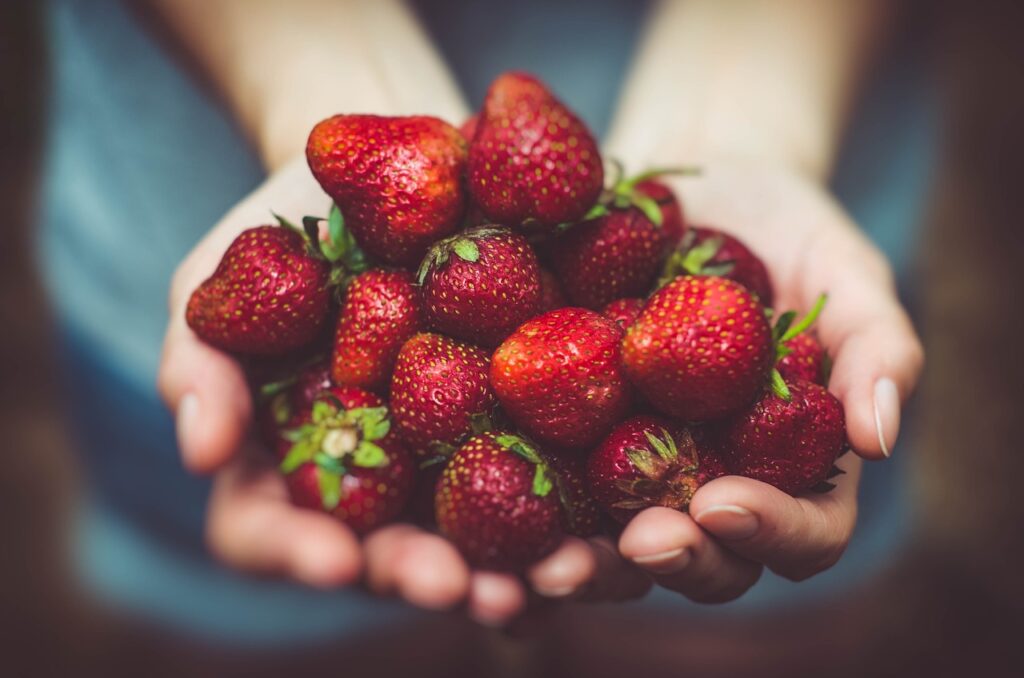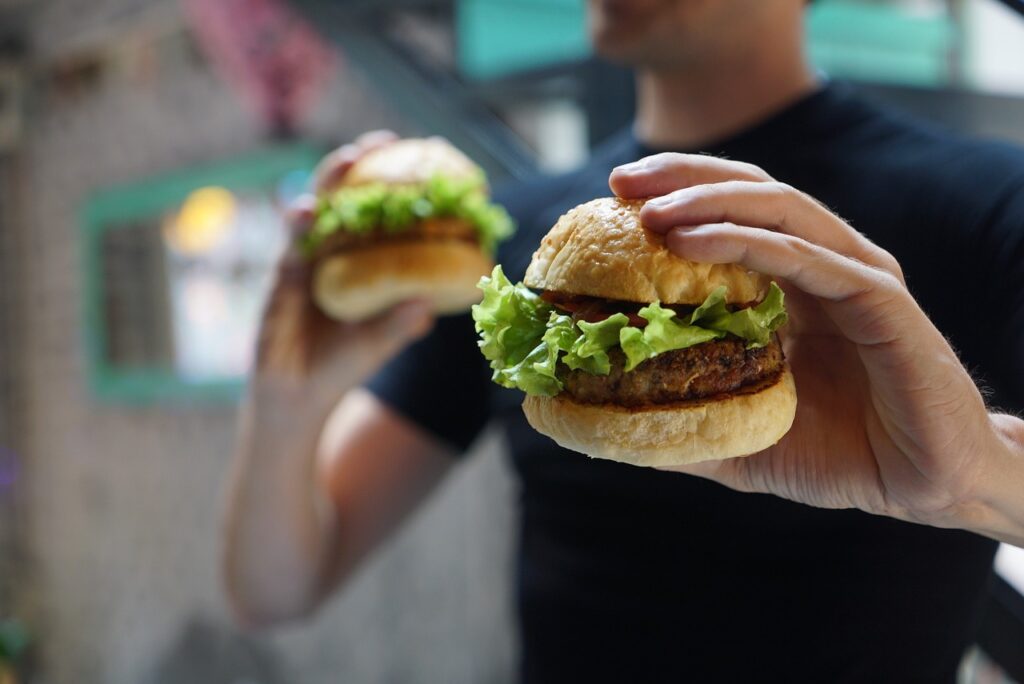
The inflation spreading through the country is hitting everyone really hard where it hurts the most – groceries. I usually stick to store brands and I still get sticker shock. However, it’s not surprising.
Think, for a minute, about how many people are involved in getting food to your table.
Now let’s think about how much money each of those people are making.
Let’s start with something simple, like apples. Starting on the farm, I imagine that only the owners and a few supervisors are making a living wage. People getting their hands dirty might not be. A lot of them are probably undocumented or migrant workers. There are cases of children working in farms and factories, even in the U.S., so I wouldn’t be surprised if something you ate in the last week was harvested by a 12-year-old. Not to mention the literal slave labor that takes place around the world.
The apples might be bagged up by the pound. The bags were created by someone, and the oil industry brings us the plastic. Someone also had to design the logo and lettering on the bag.
Food inspectors are probably (hopefully) involved at some point. I had a friend who used to work at a lab where she would take something like a potato chip and run it through tests to determine if the ingredient label was telling the truth.
Then, the apples have to be loaded on a truck and driven to a distribution center. The distributor then sends it to your grocery store. That involves drivers. And mechanics. It also includes gas station workers and the entire oil industry (again).
Then, a grocery store clerk puts them out on display for you to buy.

This doesn’t include all the people involved in logistics, inventory, and accounting – the behind the scenes stuff.
Those apples went through dozens of hands before reaching your table (that’s why you should always wash your produce!).
How many dollars were spent? How many people were paid?
When you think of it that way, it’s amazing that apples are $2-3 a pound. The only way for everyone involved in the process to actually make money is to sell a huge quantity of it.
And all of this for apples. Now, imagine if the apple is an ingredient in something, like cereal. Then, there are even more workers for each ingredient.
You might not know this, but a lot of grocery stores hire predominantly part time workers. That way, they don’t have to pay health insurance (because in this country, the only people who have health insurance are those with full time jobs).
Grocery stores also hire merchandisers. I did that job for a bit, when my daughter was a baby. We were a separate company, and would drive out to grocery stores all over New Jersey for a week or so at a time. We would take everything off the shelf, (sometimes) clean the shelf, (sometimes) check expiration dates, and stock the products in a new location. And the biggest scam was that if no grocery store hired us that week, we filed for unemployment for that time period!
Some companies have their delivery people do merchandising for their own products. Companies buy space on a shelf, sometimes entire sections, to display only their products.
Customers want low prices. Obviously. So the grocery store has to figure out the sweet spot to be able to pay for the product, their own employees, utilities and taxes and everything else while still making it cheap enough for you to buy.

When the prices of everything started going up, it was not a surprise to me. There are so many people involved in making a pound of apples that I’m amazed they are so cheap. During those early times of COVID, the system broke down and we started to realize just how important the supply chain really is.
There are dozens of people involved in producing something as simple as produce – and most of them are not making a living wage. Some of these companies are starting to realize the value of their supply chain, so they are paying better salaries.
While everyone else was up in arms about the increase in food costs, I shrugged my shoulders and said “It was good while it lasted.”
Chris Lundy
News Editor






